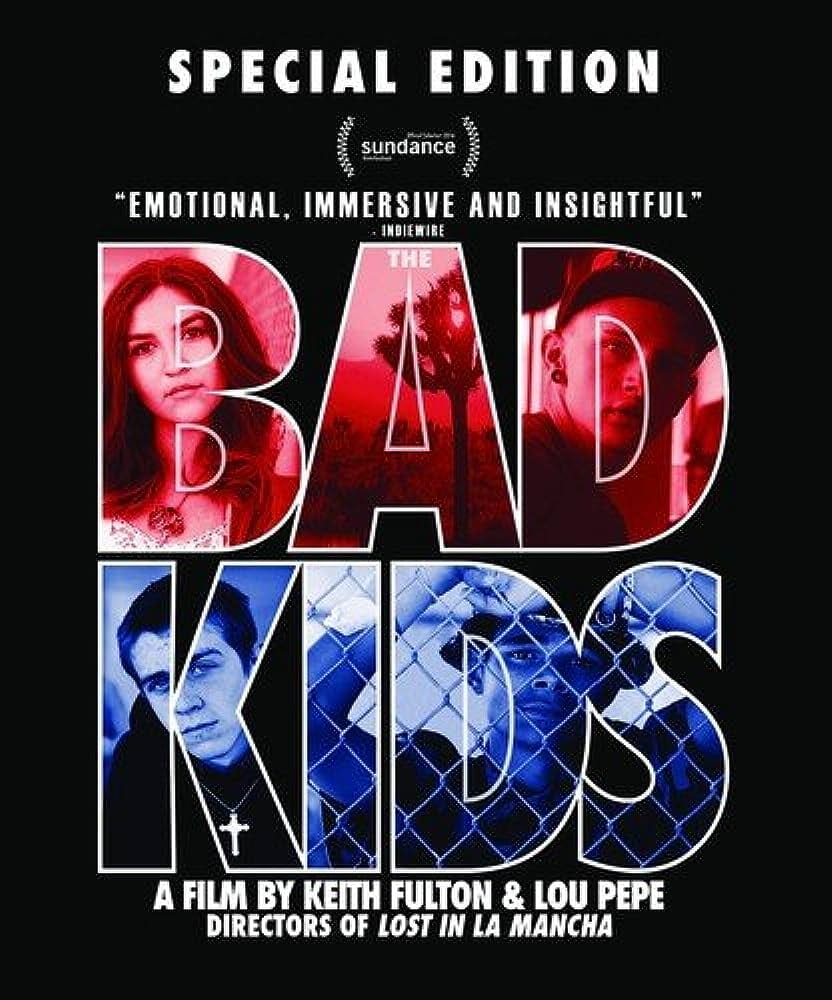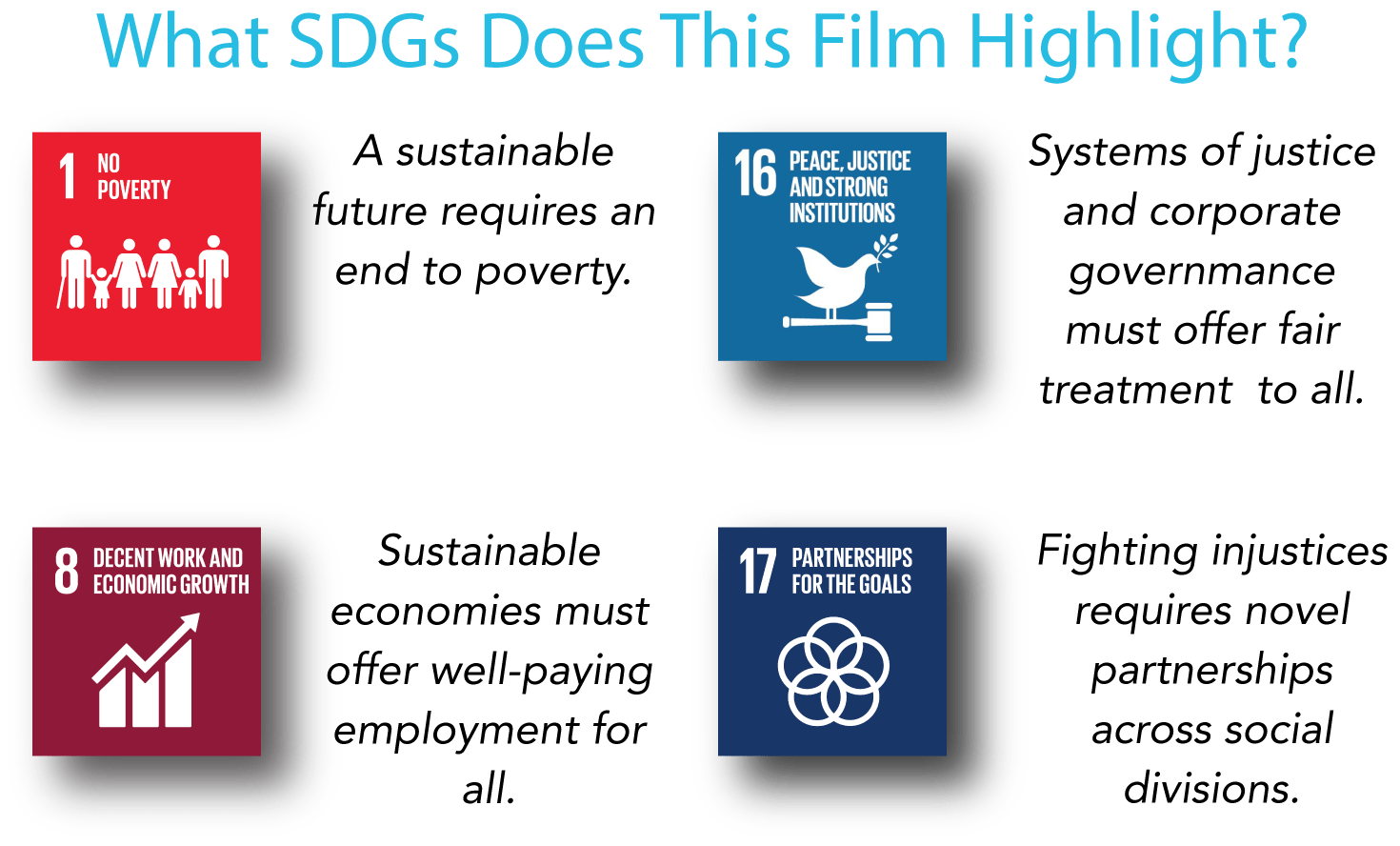The Bad Kids
RESCHEDULED: To Be Screened in Fall 2024
Screening Online


Keith Fulton and Louis Pepe (2016, U.S., 101 min. + post-film discussion)
Everyone knows the “bad kids” — those kids at school who are always late, absent, misbehaving, unprepared, and generally disconnected from student life. But what if we flip the script–treating them with compassion rather than condemnation? Enlisting them as partners in their education rather than passive recipients? What if they weren’t the “them” in a school, but the whole school was an “us” of kids who have otherwise been lost in the modern education system?
This is the premise of Keith Fulton and Louis Pepe’s The Bad Kids, which profiles Black Rock Continuation High School, an alternative high school in the Mojave Desert in California that tries to help students in danger of flunking out of the public education system. With remarkable access, the film profiles students trying to find themselves and navigate the struggles of adolescence and faculty and administrators dedicated to helping them succeed. What emerges is the power of empathy but also expectations, in a vision of a different version of education that doesn’t sugar-coat the challenges or the likelihood of failure.
Access to education is one of the key pillars of sustainability and this film looks at the challenges of keeping students engaged, even when education is available–a challenge that has only grown with the lingering after-effects of COVID’s disruptions on schooling. Join us for a thoughtful evening of moving stories and an engaging post-film discussion.
In Keith Fulton and Louis Pepe’s ‘The Bad Kids’ teaching is a game of life and death. It’s a game that dropouts from a Mojave Desert high school must be willing to play if they’re to end the cycle of abuse, drugs, poverty, and incarceration that have constituted their family histories thus far. And what a difficult game that is . . . . [The film] raises questions about the limits of pedagogy—how can teachers be therapists?—and the school’s tactlessly American insistence in remedying despair through the production of an aura of success, rather than addressing the causes of failure.